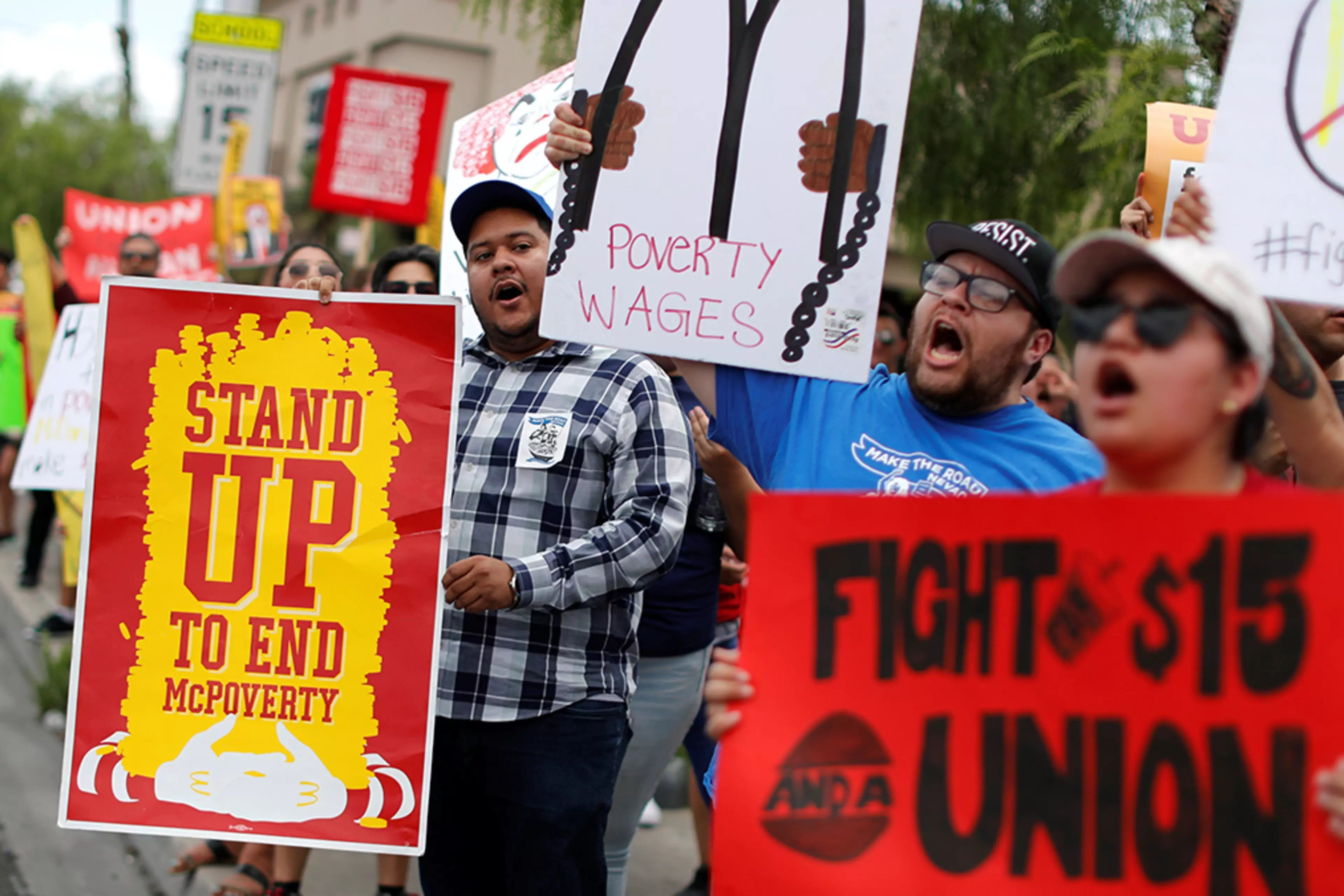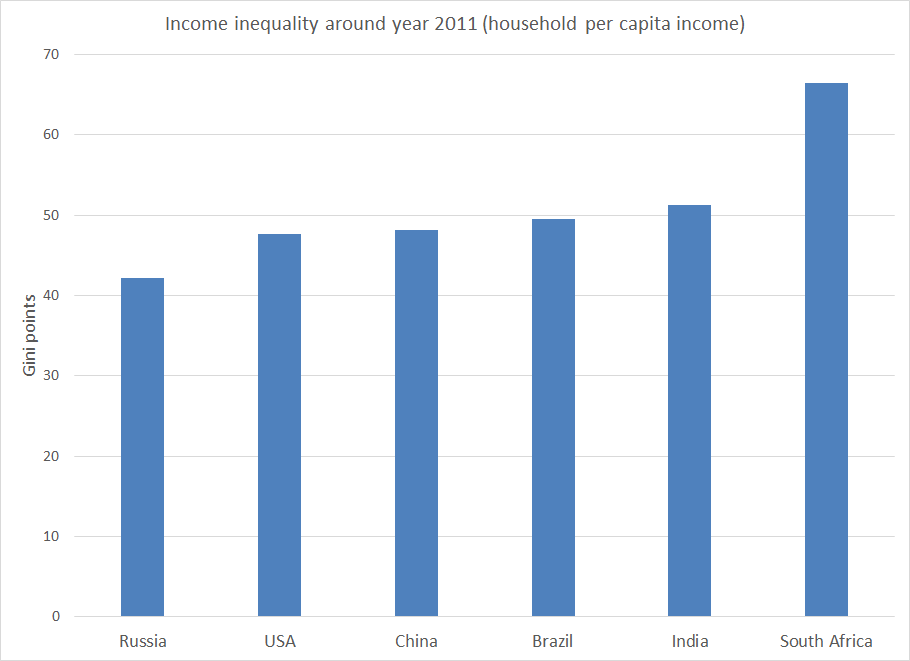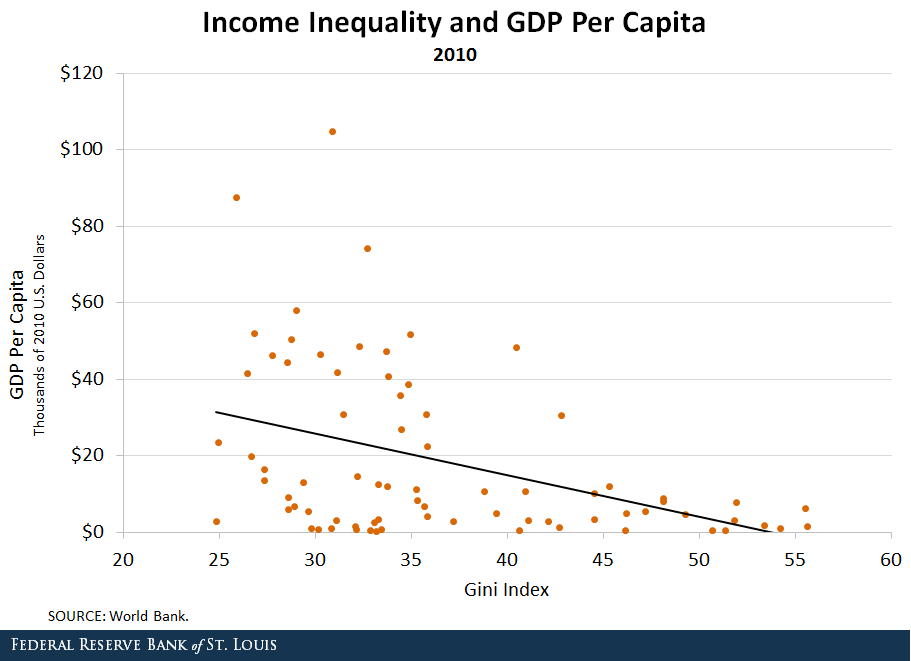
The pandemic has been an alarming revelation for the income inequalities in the world, and the gap today is wider than ever. The top few per cent have fared with billion dollar wealth additions during the pandemic. While the rest have found it hard even to sustain three meals a day with a shelter over their head. Both emerging world and developed countries have seen a rise in this disparity and the citizens of the world are more vocal with their needs than ever.
At a time when small and medium businesses were forced into shutdowns and the unemployment rate reaching for the roof, the pandemic cracked open the longstanding valve of income inequalities in front of us, since, during that very time, the big billionaires added more zeroes at the end of their wealth.
While the expectations from the governments of the world economies towards mitigation of this gap are maintained, there’s another great way that can help locals act on this need of the hour. We are referring to the local level initiatives, which have, in recent times, emerged as promising go-to solutions and ripple creators.
But before we go into detail about how these communities and cities can have a larger-scale impact on the much-needed change, let’s answer two major questions that you must have at this point. What is the economic need for such policy actions?
What can the Central governments do about economic growth and income inequalities?

Well, for starters, trace back to the discussion of change in the fundamentals of the world. The fundamental approach towards labour markets, digital movement, environmental and welfare economics, and the world crossroads with capitalism have taken a 360 degree turn. Therefore, for any policy action to have an effect, that feeling of injustice and inequality needs to be sorted and solved. It’s like saying listen to the people to ultimately solve problems of the people, and as easy as that may sound, the reality is quite contradictory.
Nonetheless, now that we are clear with why we need this change, let’s first take a moment to understand the role of the central government in the process. When we say local communities and cities have the ability to create a ripple, it goes unsaid that the government need to give this much access and authority to these communities and local governments. The achievement of this economic and social renewal must come at the back of union governments taking the leap to empower citizens, communities and local authorities.
Now, let’s see how we are claiming local communities can be the change makers for the new normal. To understand, let me first take you through a story of one of the United Kingdom’s local administrative divisions, Camden, which held the battalion for a more inclusive, sustainable and respectable normal because the old normal was failing the people and the planet.
The declaration of the COVID-19 virus a pandemic by the World Health Organisation back in March 2020 led to one declaration of Camden of its own- a promise of letting no member of their locality going foodless, jobless, or homeless during the pandemic. Along with that, compassionate and empathetic treatment towards all residents was also extended. Wow, the world would have been so much better if we decided to stick together.
And thanks to well-set intentions and exacting execution plans, they were not just words. It is because these promises were fulfilled and executed as mentioned.
The execution came in two phases-

The first phase was volunteering and staff redeployment. This included making true on promises of uprooting hunger through food service volunteer programs, helping small businesses by the community coming together to buy from local dealers, and protecting the vulnerable classes.
The second phase was based on correcting the problems that the Central government as a whole did while providing for relief from the tiring situation. This is inclusive of the local COVID-19 testing centres and the mobile vaccination units. The primary purpose of this phase was the assessment of the problem areas and working on it to directly aid the residents of the mentioned region.
So, if you think about it, neither the achievements nor the purpose of Camden, in the above-mentioned example, were too implausible, and there certainly have been a number of such significant instances around the world. The various support teams created for oxygen support during the second wave of the virus in India, food support drives by Khalsa Aid, and other such local initiatives have emerged as extraordinary examples of what the local governments and communities have to offer.
These local governments and communities have come together in a position of power and help at a time when central authorities failed to accommodate. People’s problems and their systems broke down to effectively provide aid to the needy. This, in itself, is a very fair judgement of why more of such local communities need to be empowered and propelled. This would allow them to have the resources they need and can act more effectively to the situation at hand, ultimately providing a way to make the most out of our shared resources and capacities.
The purpose of this conversation extends to include the probable impact these local authorities and communities can have to mitigate the impression of injustice and inequality imprinted in the people’s minds after the pandemic. This is not just socio-economic injustice, but also other aspects of the fundamental paradigm shift including the labour market transformation and climate change crisis. The minority injustice that speaks loudly about the racial indifferences persistent in the economy is only such an actionable problem, the solution to which lies in authority delegation.


This can be another time of local government, where committees consider themselves not as fixers who sit as an afterthought line, stepping in just when things turn out badly, yet as market shapers who assume a focal part in how worth is co-made and shared locally. This not only requires government support and empowerment but also considerable resource investment to make sure the set ambitions are being achieved.
It cannot be denied that resolving these issues requires aspiration, and as far as the government support backs these authorities, a new improved chain of command is what we can anticipate hopefully. This can be achieved via local taxation programmes, inducing every person to pay their fair share so as to result in welfare optics and provisions for the community.
In a welfare state, nothing is free. The poor is as much of the contributors of the services provided to us as are the rich, for they pay the taxes on each item of their consumption. Thereby, the claim of the central governments of free provision of any service, even during an emergency, is not only undermining their contributions but also a false notion.
Therefore, when we say the central governments must delegate investments to empower local governments and communities to strengthen the people’s support system. Answering their plea, it’s just another reallocation of the people’s own money. The difference is that this time, it is used directly for them.
Edited by Aishwarya Ingle




